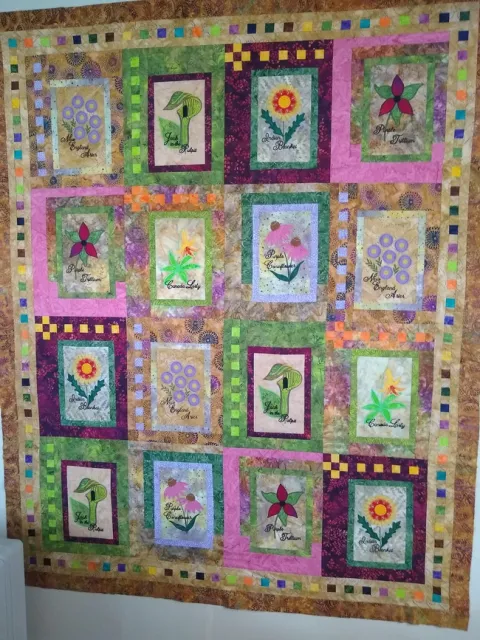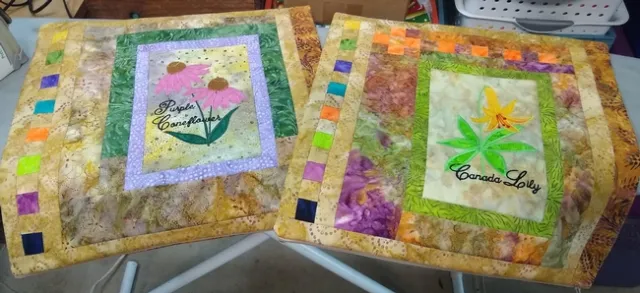It has been a while since I have had a chance to welcome new colleagues. I am pleased to welcome Pedro Carvalho, a UCD Assistant Feedlot Specialist, located at the Desert REC. Pedro began his position on August 1st. Please reach out and welcome Pedro!
In other good news, the Sacramento Valley Orchard newsletter group's 2019 efforts was recognized by the Extension Division of the American Society of Horticultural Science for their educational contribution. Thanks to Luke for sharing the news, and congratulations to the team!
I hope everyone is staying cool! It feels like we are all down in Imperial County these days. I haven't looked to see what the El Centro temperatures are this week but I hope they are experiencing a cool spell. I moved my office into the house this week. There's less privacy and the internet connection is somehow worse, but there is air conditioning. I used my reading homework as an excuse to stay in the A/C over the weekend, thus avoiding weeding tasks. In addition, I finished my latest project, despite not having A/C in that work space. Many in UC ANR are busy getting their children settled into this most unusual school year. Soon that will be the case for the UC as well. While I suspect many campus facilities have A/C, I'm not so sure about elementary and high schools.

This week I have a variety of random, one-off meetings, although the SI Leaders meet on Tuesday and the third of four Strategic Plan workshops takes place on Tuesday as well. Then there is at least one meeting to work on the REC Strategic Framework, the PAC Emerging Issues Committee meeting, a couple of meetings to discuss partnership agreements, and hopefully some draft MOUs to review for a couple of other partnership agreements. Overall, nothing too unusual. I do miss getting out to visit with County offices, or getting out period.

Every now and then I think about and miss my research program. The NIH recently released a call for proposals that caught my eye: Emergency Awards RADx-RAD: Screening for COVID-19 by Electronic-Nose Technology (SCENT) (U18 Clinical Trial Not Allowed). I started working with electronic nose technology while in graduate school and continued into my early years at Michigan State, almost 15 years in total. The technology has been touted as holding promise for everything from ingredient quality control (very popular in the distilling and beverage sector), to home security systems (everyone has a unique scent), to disease detection (schizophrenia, cancer, and metabolic disorders, such as ketosis and mastitis in cattle, have characteristic odors). While I didn't make much progress in manure odor characterization (it turns out the sensors are impacted by humidity and often poorly detect sulfur-containing compounds), I am curious about the chemical composition of odor associated with COVID-19. However, with that said, and despite my fond reminiscence, I will keep my distance.

